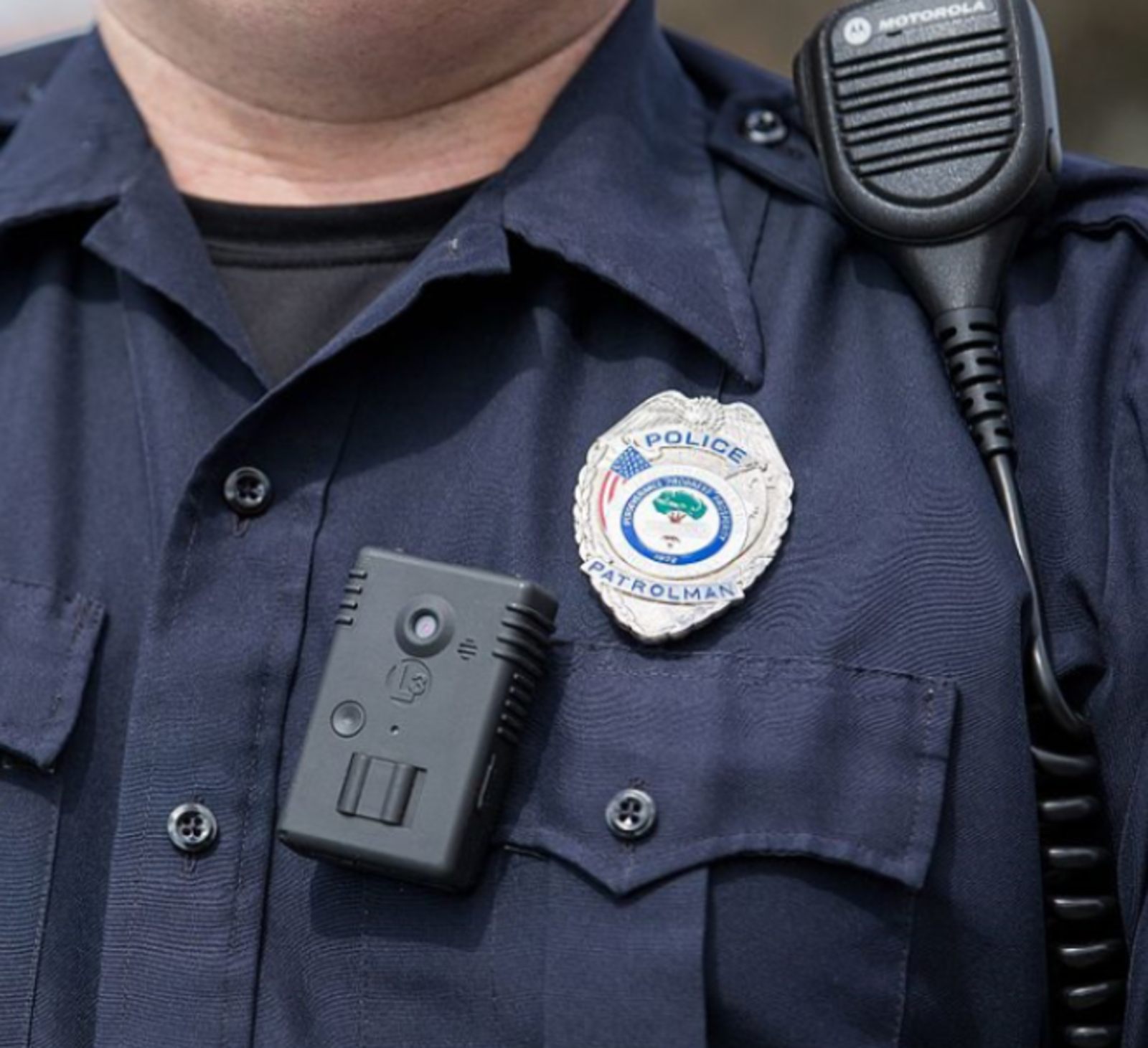
By Steve Pomper
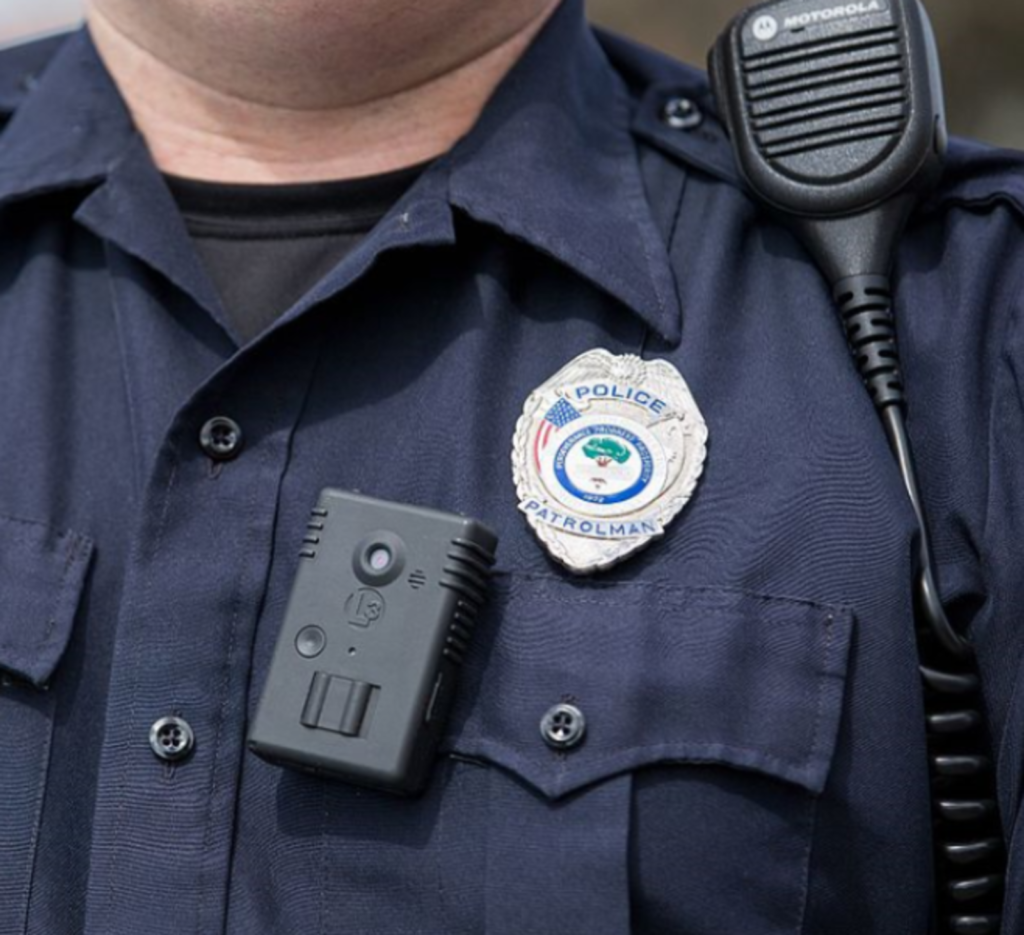
Law enforcement video technologies are a double-edged sword, providing both benefits and liabilities for cops. The benefits are that, very often, video evidence exonerates the cops. Liars no longer get to lie about police with impunity.
One negative is that cameras don’t see all of what officers see and angles can be misleading. And officers under stress will perceive differently than a camera, leading critics to accuse officers of “lying.”
I remember a roll call where the sergeant showed us dash cam video of what looked like a cop shot an unarmed suspect without justification. From another camera at a different angle, we could clearly see the suspect holding a gun.
Also, why aren’t other public officials required to use cameras while they conduct their business for the public. The argument seems to be police interactions can mean life and death. If that’s the standard, with public-safety reducing anti-police legislation proliferating, can’t you credibly argue that what politicians and bureaucrats say and do are also a matter of life and death—even on a grander scale.
And what about the pathological overreliance on video. Good officers have been disciplined, fired, or even prosecuted and incarcerated for doing their jobs or after making a legitimate mistake—even when it’s videorecorded.
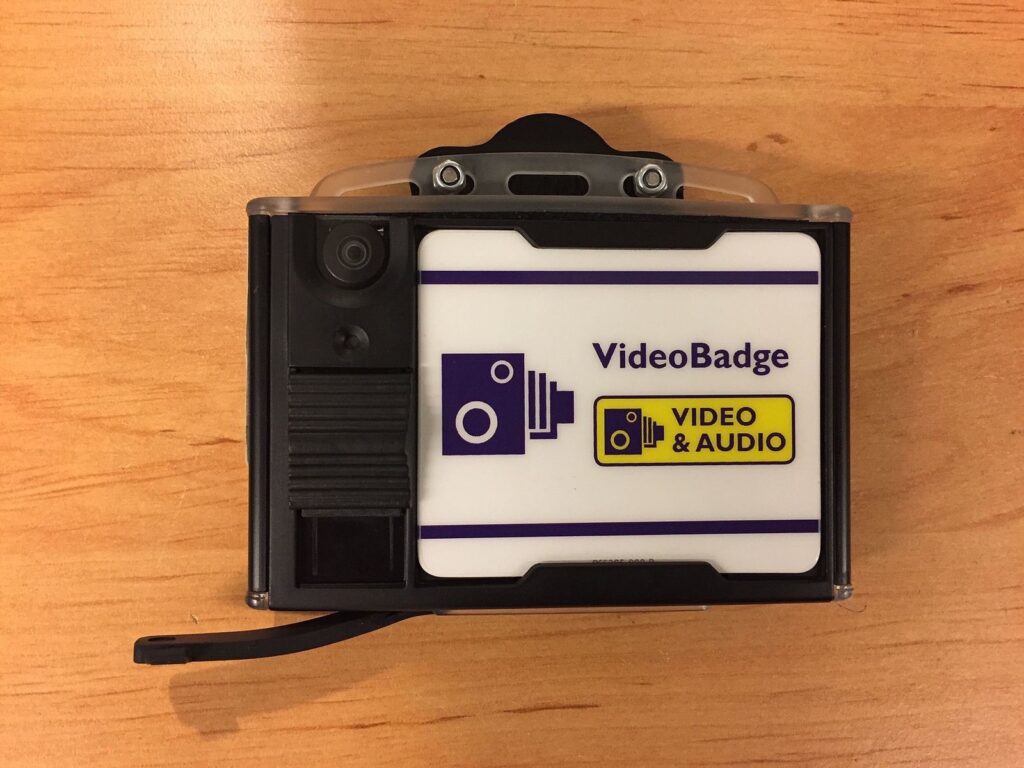
Scottish law enforcement body worn camera supplier
Kim Potter’s case in Minnesota comes to mind. She was prosecuted and imprisoned for making a genuine mistake after over two decades of loyal service. In Potter’s case, a juror admitted she felt the officer made a tragic mistake, but she still voted guility.
But what happens to officers when there is no video? When it’s the officer’s word against the suspect’s word.
What if there was no camera video during this 2018 incident? According to inTime.com, a Texas state trooper arrested a woman for DUI. She accused the trooper of “offering to let her go with no charges, after a failed sobriety test, if she performed sexual favors.” She said the officer “sexually assaulted her after she said no.”
But it never happened. And a two-hour body cam video proved it. The video purportedly showed a “routine interaction….” The trooper pulls the suspect over, performs field sobriety tests, and then transports and books her into jail.
Consider what inTime.com notes about the incident: “Had the video footage not been available to credit the officer’s side of events, this story could have played out quite differently.”
With no video, who gets the benefit of the doubt. Too often, these days, radical leftist prosecutors, judges, and juries give the benefit of the doubt to the criminals, not the cops. This is despite, in most instances, these officials are evaluating the integrity of sworn police officers against, even, career criminals. Should an officer’s word be taken over a criminal’s word? In most circumstances, yes. After all, cops swear oaths to behave legally in all matters.
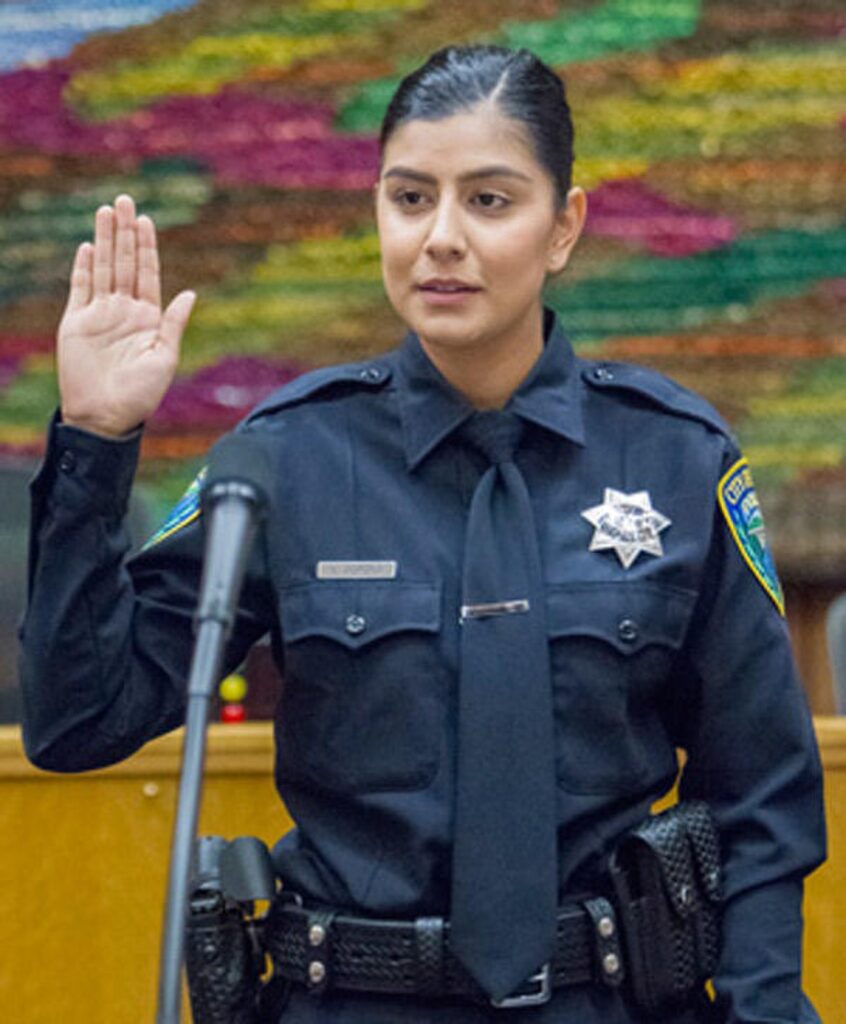
Officer Natalie Corona swearing oath in 2018. Murdered in line of duty shortly after.
Being sworn means, after having gone through a daunting battery of tests, a detailed background check, a polygraph examination, and a lengthy police academy the officer swears he or she will enforce the laws of our nation, states, and localities with equal justice as the standard. Last I heard, criminals don’t swear oaths.
This oath should give officers the benefit of the doubt unless there is evidence that they don’t deserve that benefit. And, if an officer violates that oath, for instance, by making a false report, committing perjury, or planting or hiding evidence, the consequences should be prohibitively severe.
The radical leftist officials who swear oaths to uphold and defend the Constitution don’t take the solemn pledge seriously, so they don’t believe others, like cops, do either.
Space Force Lt. Col. Matthew Lohmeier addresses this phenomenon in his new book, Irresistible Revolution: Marxism’s Goal of Conquest & the Unmaking of the American Military. He provides examples of recently graduated military officers who have embraced Marxism and reject the U.S. Constitution they’ve sworn an oath to support and defend.
Lt. Col. Lohmeier wrote about a West Point class valedictorian who authored a section in a disconcertingly “woke” manifesto co-written by several high-performing cadets. The valedictorian of the 950-member class was a white female who titled the section she authored “West Point Fails to Teach Anti-Racism.”

U.S. Military Academy at West Point
She wrote, “West Point…did not do enough to actively reveal and root out the white supremacy that inevitably lies within me as a white person in the United States.”
She concludes, “What the current moment has shown us is that the norm in white America is racism and the supremacy of white citizens over Black (sic) citizens. (Italics added).”
This is delusional and shrieks indoctrination. Her critical thinking switch has been flipped to off.
Sadly, she sounds exactly like some government officials, even in law enforcement, especially in leadership, who believe as she does—or have convinced themselves they do to advance their careers.
It’s essential to understand that her radical leftist views of America drive the current defund-the-police and anti-cop legislation, attacking U.S. law enforcement. The attitude that gives suspects the benefit of the doubt over cops—especially when there’s no video of an incident.
Also, what if a video recording was corrupted due to legitimate technical failures? Will the leftists accuse the cops of a coverup? Probably. It’s the same if an officer forgets to turn on or accidently turns off the camera.
When we first deployed dash cams and were testing body-worn cams in our department, I forgot to or didn’t turn the camera on several times for various non-nefarious reasons. There was no devious intent when I forgot, just being human was to blame. Confusing training on camera use and conflicting policies didn’t help. But let’s save that for another time.
A significant aspect of videorecorded and non-videorecorded incidents is when law enforcement critics and cop-haters intentionally or ignorantly misinterpret police “wrongdoing.” Often, when a report says these officers did something wrong, experts on police tactics vehemently disagree with what critics say was “wrong.” They just don’t like it.
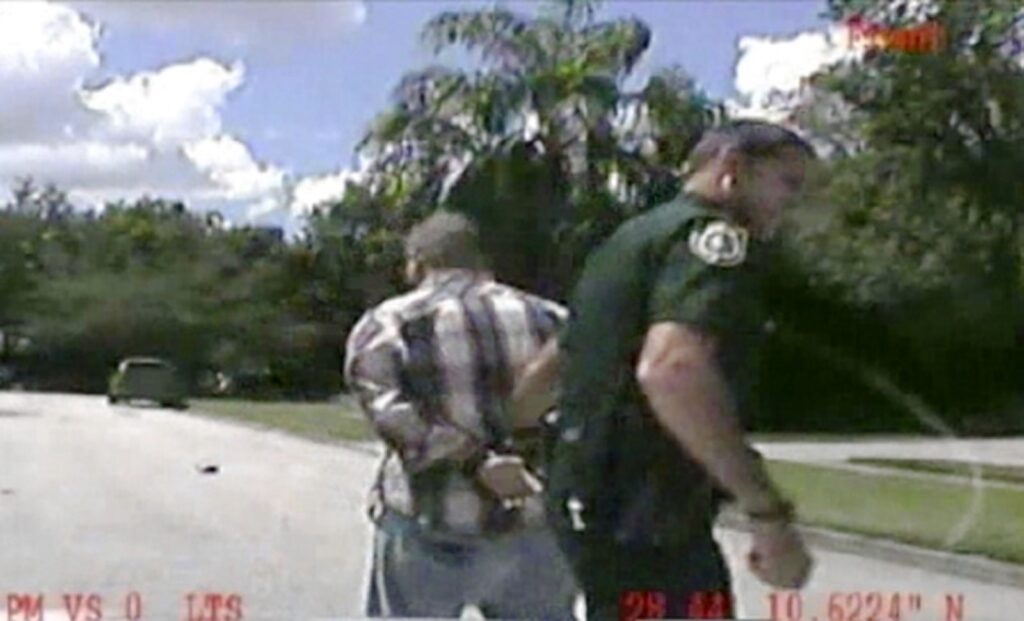
Police dash cam video, still shot
So, what happens when an officer is accused of “wrongdoing,” whether it’s actually wrong or not, if there’s no video footage to back up the officers. Prosecutors, judges, and juries will assess other non-video evidence. But, if it comes down to the integrity of the officer or the defendant, to whom will they give the benefit of the doubt? Who has more credibility, especially to radical leftist activists in the criminal justice system?
Should police officers even be required to swear oaths if their political leaders have rendered the pledges largely meaningless within the criminal justice system? From firsthand experience, I know how seriously most officers take their oaths.
In my book, De-Policing America: A Street Cop’s View of the Anti-Police State, I wrote:
Has the law enforcement officer’s oath of office become meaningless in today’s anti-police state? Many politicians swear oaths to uphold the U.S. Constitution as if they were reciting words from an alien language—not understanding the meaning and value of what they are saying or caring about it even if they did.
It’s no wonder so many people give little weight to the oaths police officers take and refuse to give cops the benefit of the doubt swearing an oath should confer.
Makes me wonder how many cops have been disciplined, fired, or are sitting in prison because, either radical leftists disregarded the video evidence or, no video existed to exonerate them, and the officials responsible for dispensing justice took the word of a defendant over that of a sworn law enforcement officer.